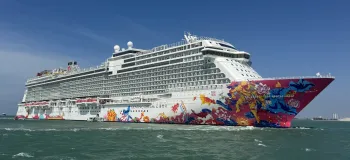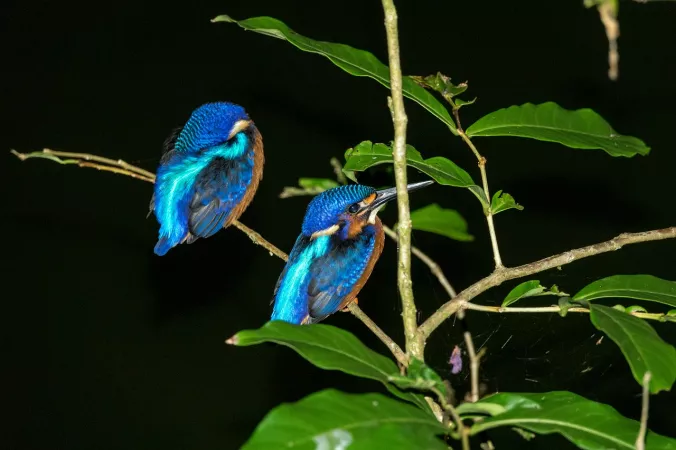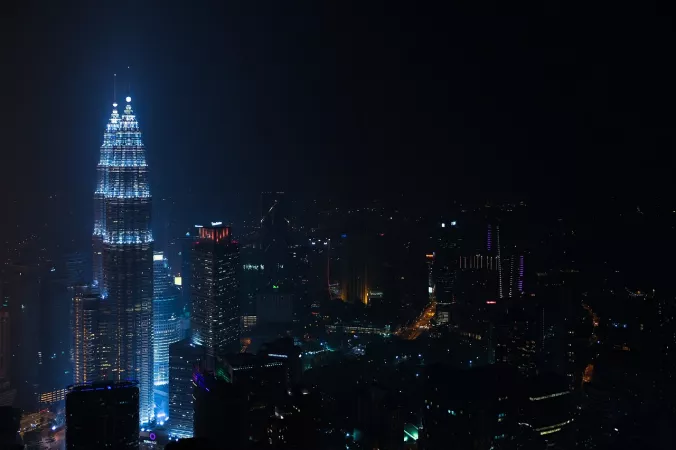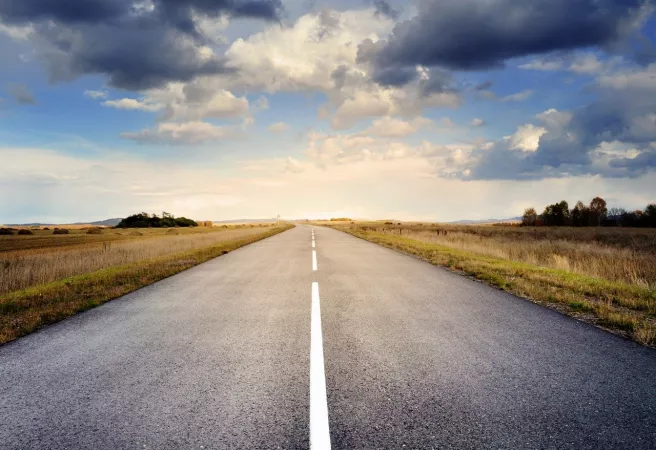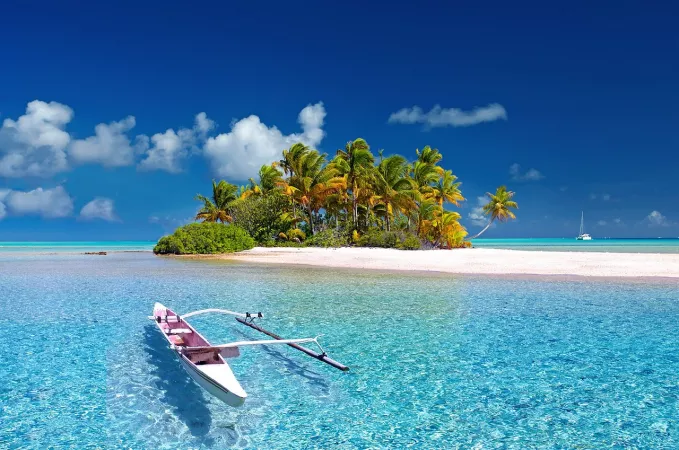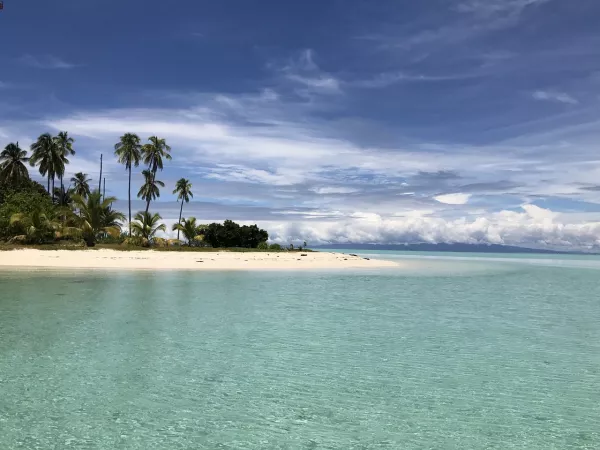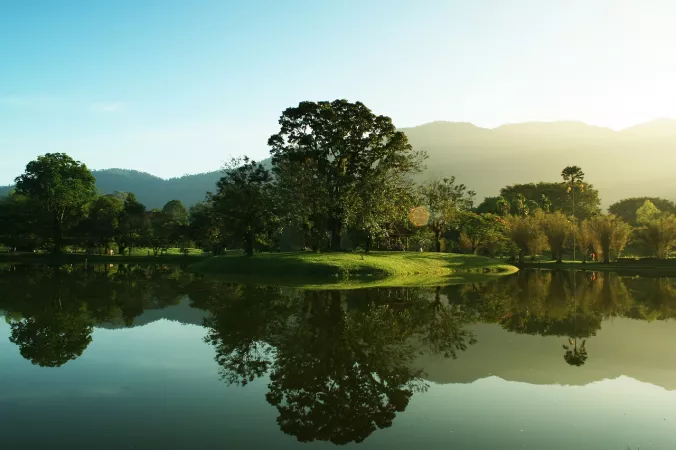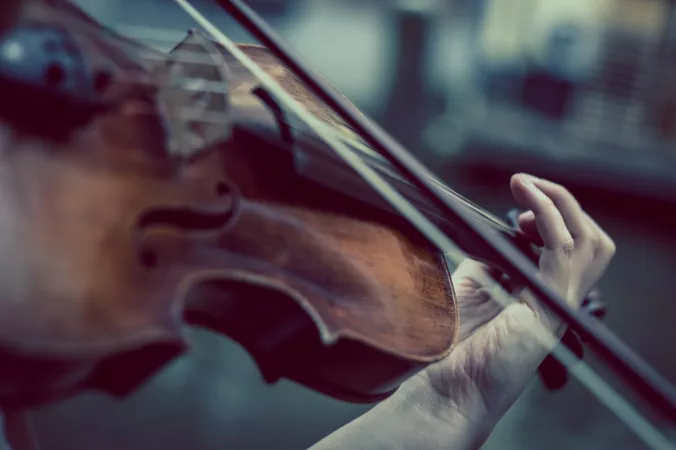
Klang Travel Guide
Klang, located in Malaysia, is a vibrant destination known for its rich historical significance, diverse geography, and cultural heritage. The city boasts a fascinating blend of Malay, Chinese, and Indian influences, making it a melting pot of traditions and flavors. Famous for its bustling ports and delicious seafood, Klang is a must-visit destination for travelers seeking an authentic Malaysian experience.Top Attractions in Klang
- Thean Hou Temple
- Little India Street
- Klang Royal Town Mosque
- Firefly Park Resort
- Sri Sunderaraja Perumal Temple
Klang is Famous for
Seafood! Klang is renowned for its fresh and flavorful seafood dishes, making it a paradise for food lovers.Top Attractions in Klang
- Explore the vibrant streets of Little India
- Visit the iconic Thean Hou Temple
- Take a boat tour to see the mesmerizing fireflies at Firefly Park Resort
- Discover the cultural heritage at Klang Royal Town Mosque
- Experience the spiritual ambiance at Sri Sunderaraja Perumal Temple
What's Great about Travelling to Klang?
- Rich cultural diversity
- Delicious seafood cuisine
- Fascinating historical sites
What's Not So Great about Travelling to Klang?
- High humidity levels
- Language barriers for non-English speakers
- Crowded streets and traffic congestion
Travel Tips for Klang
- Check visa requirements before traveling
- Use public transportation to navigate the city
- Stay hydrated due to the humid weather
Important Klang trip information
- Ideal Duration: 3-4 days
- Best Time to Visit: November to February for cooler weather
- Nearby Airports and Railway Stations: Kuala Lumpur International Airport and Klang KTM Station
Per Person
29,999
*EXCLUDING APPLICABLE TAXES 5.0 Ratings
( 301 Reviews )
( 301 Reviews )
FAQ's on Klang
Q1: What is the best time to visit Klang?
The best time to visit Klang is from June to August when the weather is warm and pleasant for outdoor activities. This period also coincides with various festivals and cultural events, offering a vibrant atmosphere for tourists. However, if you prefer fewer crowds and lower prices, consider visiting during the shoulder seasons of March to May or September to November. The monsoon season from December to February brings heavy rainfall, so it's best to avoid these months for outdoor activities.
Q2: Do I need a visa to travel to Klang?
Visitors from many countries can enter Malaysia without a visa for stays of up to 90 days. However, it's essential to check the specific visa requirements based on your nationality before traveling to Klang. Some countries may require a visa or visa on arrival. Make sure your passport is valid for at least six months beyond your intended stay in Malaysia to avoid any entry issues.
Q3: What are the must-visit attractions in Klang?
Klang offers a mix of cultural, historical, and natural attractions. Don't miss the iconic Sultan Abdul Aziz Royal Gallery, the vibrant Little India district, and the picturesque Klang Royal Town Mosque. Nature lovers can explore the Klang Gates Quartz Ridge, one of the longest quartz dykes in the world. Food enthusiasts should indulge in the famous seafood at Pulau Ketam and sample the local delicacies at the Klang Heritage Walk. For a dose of history, visit the Klang Heritage Trail and the Sultan Sulaiman Royal Mosque.
Q4: Is Klang a safe place to travel?
Klang is generally a safe destination for tourists. Like any other city, it's advisable to take precautions against petty crimes such as pickpocketing and be aware of your surroundings, especially in crowded areas. Avoid displaying expensive items openly and keep your belongings secure. While the city is safe for travelers, it's recommended to stay vigilant, particularly at night, and avoid poorly lit or deserted areas.
Q5: What is the local currency in Klang and can I use credit cards?
The local currency in Malaysia is the Malaysian Ringgit (MYR). Credit cards are widely accepted in Klang, especially in hotels, restaurants, and larger stores. However, it's advisable to carry some cash for smaller establishments and street vendors. ATMs are readily available throughout the city, making it convenient to withdraw cash if needed. Inform your bank about your travel plans to prevent any issues with using your credit card abroad.
Q6: What is the local cuisine like in Klang?
Klang boasts a diverse culinary scene influenced by its multicultural population. Don't miss trying the local favorite, Bak Kut Teh, a pork rib dish cooked in a flavorful broth with herbs and spices. Seafood lovers can savor fresh catches at the numerous seafood restaurants in the city. Explore the bustling night markets for a variety of street food options like Nasi Lemak, Char Kway Teow, and Cendol. Vegetarians will also find plenty of options such as Rojak and Lontong. Embrace the flavors of Klang by sampling the unique blend of Malay, Chinese, and Indian cuisines.
Q7: What transportation options are available in Klang?
Klang offers various transportation options to explore the city and its surrounding areas. Public transport includes buses, trains, and taxis, providing convenient connectivity within the city. The KTM Komuter train service links Klang to Kuala Lumpur and other nearby towns. Taxis are readily available, but it's advisable to use reputable services or ride-hailing apps for transparency and safety. For more flexibility, consider renting a car or motorbike to navigate Klang and its outskirts at your own pace. Cycling is also a popular way to explore the city, with designated bike lanes in some areas.
Q8: Are there any cultural norms or etiquette I should be aware of when visiting Klang?
When visiting Klang, it's essential to respect the local customs and traditions. Dress modestly when visiting religious sites or interacting with the locals, especially in conservative areas. Remove your shoes before entering homes or places of worship as a sign of respect. Greet people with a smile and a slight bow, particularly when meeting elders. Avoid using your left hand for giving or receiving items, as it is considered impolite in Malaysian culture. When dining, wait for the host or eldest person to start eating before you begin. Familiarize yourself with basic Malay phrases like "Terima kasih" (thank you) and "Selamat pagi" (good morning) to show appreciation for the local language and culture.
Q9: I am a travel agent. How can I buy travel leads of Klang?
Register yourself as a travel agent at agents.tripclap.com and then you can buy travel leads to Klang once your account is approved. For more details contact our support team at +91-8069186564 or support@tripclap.com
